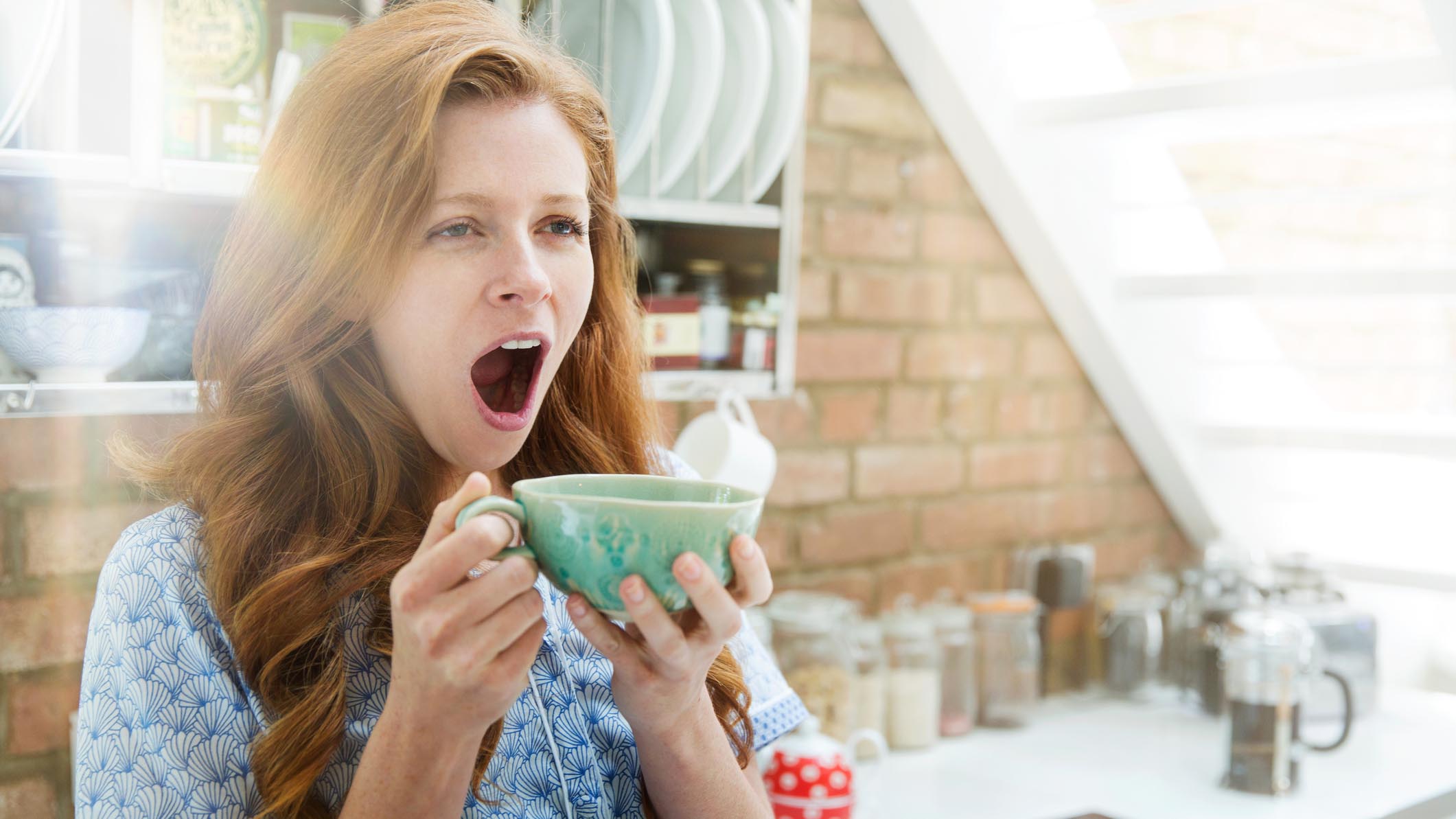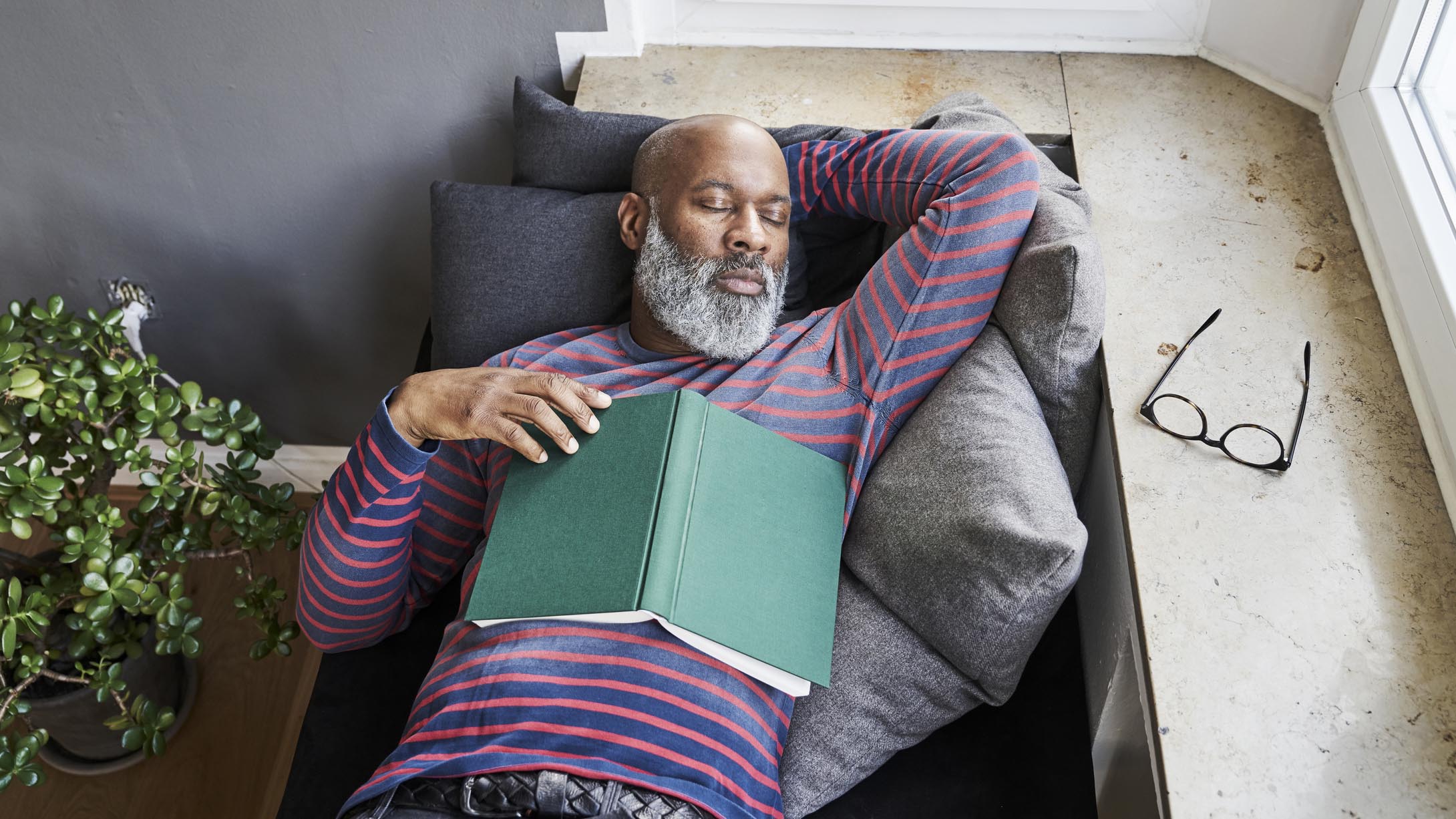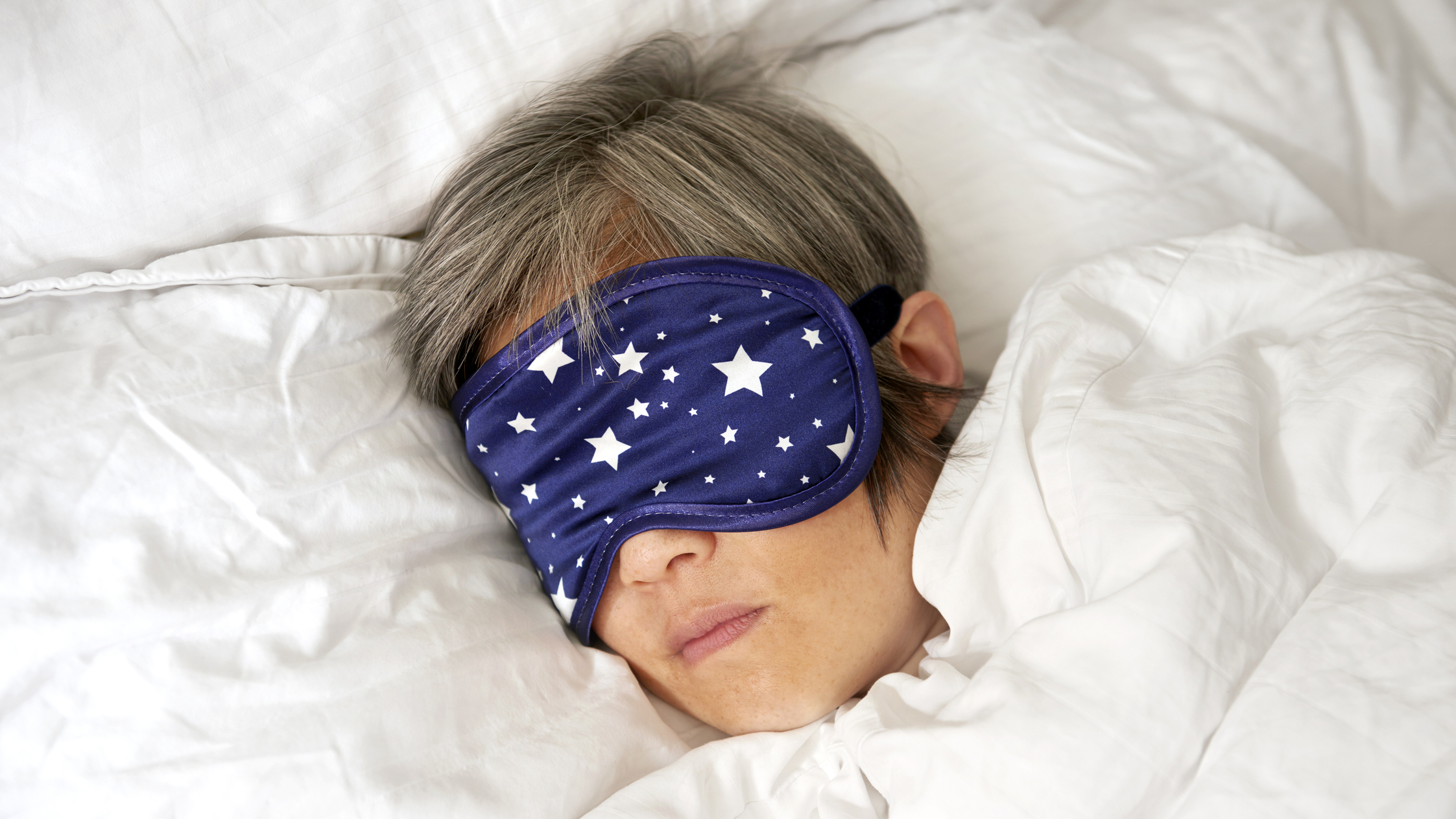Short naps don't relieve sleep deprivation, but they're still beneficial
Even a 60-minute nap won't turn the tide on sleep deprivation, new study says

If you’re using naps to offset the effects of sleep deprivation, a new study has some bad news for you. Researchers at Michigan State University were interested in the "cognitive deficits associated with sleep deprivation", and looked at whether short naps had an impact on cognitive impairment after a poor night’s sleep or zero sleep.
The research has now been published in the journal Sleep and highlights how a nap won’t restore a sleepless night. For the study, 275 college-age participants were asked to complete a cognitive test. They were then either tasked with going home to sleep as normal, or to remain overnight at the MSU Sleep and Learning Lab.
The remainers were divided into two groups: those allowed to nap for 30 to 60 minutes, and those who weren’t allowed to sleep. The next morning, all participants were asked to retake the cognitive test, which measured attention and place-keeping.
In a statement published on Science Daily, study author Kimberly Fenn, Ph.D and director of Michigan State University's Sleep and Learning Lab, said: "In this study, we wanted to know if a short nap during the deprivation period would mitigate these deficits. We found that short naps of 30 or 60 minutes did not show any measurable effects.
“The group that stayed overnight and took short naps still suffered from the effects of sleep deprivation and made significantly more errors on the tasks than their counterparts who went home and obtained a full night of sleep."
- Read more: Long-term sleep deprivation has serious health risks — but they can be reversed, says expert

Prioritizing sleep is one of the best things you can do for your health. If your sleep environment is too bright or noisy, learn how to optimize your bedroom for better sleep. To upgrade your bed, read our guides to the best mattresses for all budgets, and the best pillows for different sleep styles. To breathe new life into an old bed, try one of the best mattress toppers instead.
Why slow wave sleep is important
There is some good news here for nap fans: more slow-wave sleep (SWS) during the nap added up to less cognitive impairment on the tests. "While short naps didn't show measurable effects on relieving the effects of sleep deprivation, we found that the amount of slow-wave sleep that participants obtained during the nap was related to reduced impairments associated with sleep deprivation," Fenn said.
Sign up to get the BEST of Tom's Guide direct to your inbox.
Get instant access to breaking news, the hottest reviews, great deals and helpful tips.
Slow-wave sleep is the deepest, most restorative stage of sleep, when your muscles are at ease and your body is most relaxed. "SWS is the most important stage of sleep," Fenn explained. "When someone goes without sleep for a period of time, even just during the day, they build up a need for sleep.”
That need for sleep is also referred to as ‘sleep drive’, and it’s this hunger for snoozing that makes it easier for us to drop off. “When individuals go to sleep each night, they will soon enter into SWS and spend a substantial amount of time in this stage,” Fenn said.

The takeaway? Prioritizing good sleep is important, and naps – even if they include slow-wave sleep – can’t replace a full night’s sleep. So does that mean naps are pointless and you shouldn’t take one? No. There are proven health benefits to napping, but when you nap and for how long are key.
How long should a nap be, and why are they helpful?
According to guidance published by the CDC, there’s strong evidence that our brains benefit from naps. They can help us recover faster from fatigue, and a good nap helps us feel more refreshed and alert.
But how long should a nap be? The CDC recommends 20 minutes as the ideal length of a short nap to avoid feeling groggy (sleep inertia), or 90 minutes so that you complete a full sleep cycle. A trend at the moment is to take a caffeine nap – essentially, drinking a cup of coffee and then going down for a 20 minute nap, so you wake up just as the caffeine starts to kick in, giving you an extra boost.
To get the most out of your nap, keep the following in mind:
- Aim for a 20-minute nap to avoid feeling groggy afterwards.
- Finish napping before 3pm, as doing so later may interfere with your drive to fall asleep at night. Use your common sense here though - if your bedtime is 9pm, you may need to take your nap earlier.
- Nap in a calm environment so that you can sleep without being disturbed. Use an eye mask to block out daylight and earplugs or noise-cancelling earphones to dampen external sounds.
Read more:
- The best mattress in a box for all sleep styles
- Top mattress protectors for fresher sleep
- Boost comfort with the best mattress toppers
- The best memory foam mattresses for pressure relief
- How to sleep better, according to an ex-insomniac

Claire is a qualified journalist and Certified Sleep Science Coach with over 16 years’ product review experience, and who is connected to a wealth of globally renowned sleep experts including mattress designers and buyers, neuroscientists, and doctors of sleep medicine. Claire is responsible for all mattress and sleep content published on Tom’s Guide and is our expert on Saatva, DreamCloud, and Nectar mattresses. Claire is also certified to advise people on how to choose a mattress that suits their needs and budget, as well as helping them to create a nighttime routine and bedroom environment that helps them sleep better. As our Senior Sleep and Mattress Editor, Claire oversees our rigorous testing procedures for our mattress reviews, while leading our team of specialist reviewers and writers who report on all the latest sleep products.
